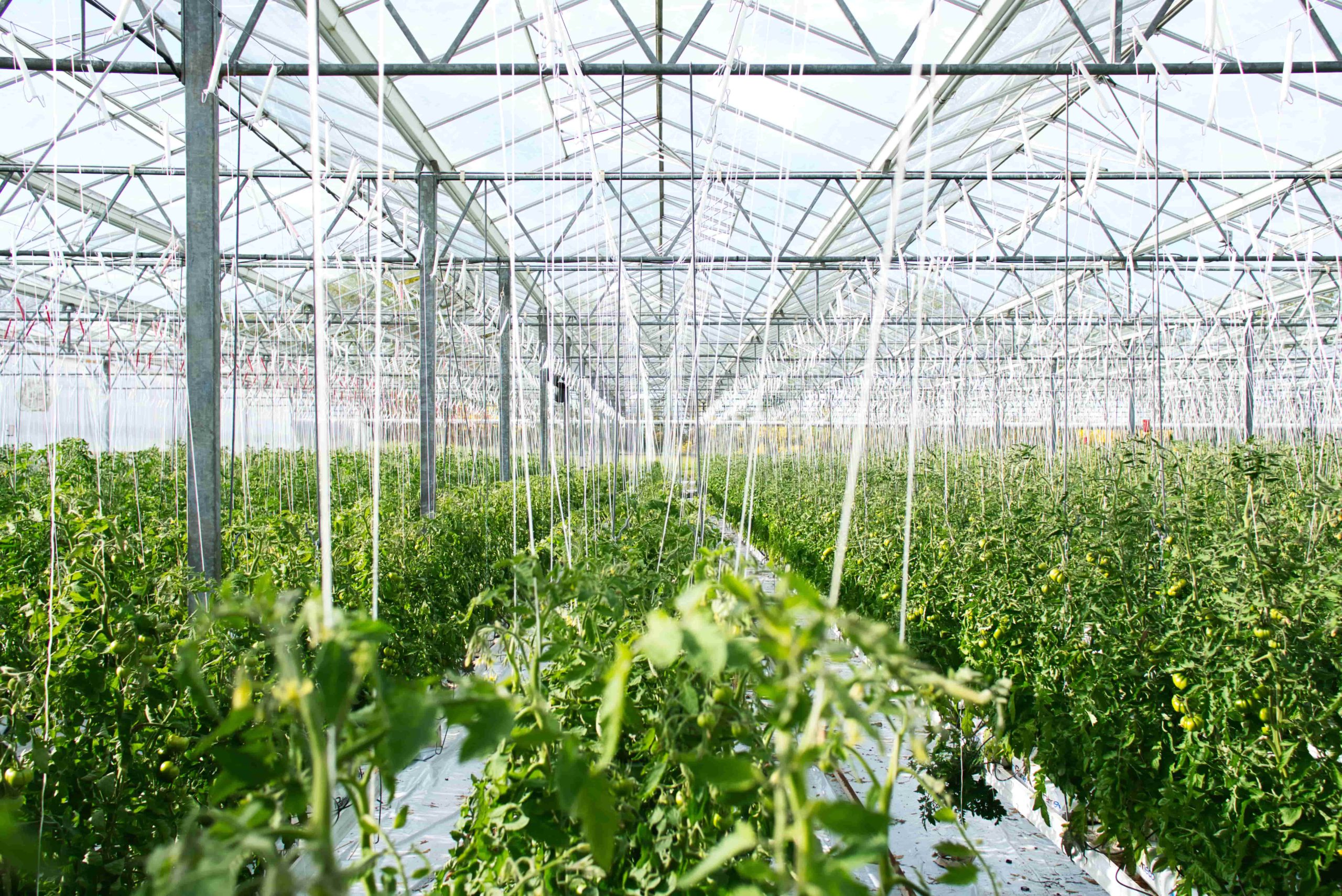As Southeast Asian farmers steadily embrace smart farming, Japanese farm equipment maker Kubota is jumping at the opportunity to offer new products to an already extensive customer base.
Kubota, best known for its tractors, has developed an app for farmers to enter data whenever they till the soil or spread manure.
“It’s convenient using a smartphone to keep track of farm work,” said a rice farmer in Buri Ram province, Thailand.
The data stored in the app can save time and labor, bringing the 21st century into a profession that largely has relied on tradition and intuition.
Kubota’s farm management app has been available for free in Thailand since last year. Farmers build data by entering amounts of fertilizers used or harvest yields, which can be accessed by multiple users.
The app keeps track of fuel used in farm equipment so wasteful run times can be cut down. The response has been so positive that Kubota plans to monetize the app with fees this year.
Kubota plans to have the app track data from connected farm equipment, allowing it to record usage times and alert farmers when to change batteries or other components, among other functions.
Meanwhile, the company has spent time studying other ways to make farming more high-tech. Kubota has conducted nearly 100 field tests—from flying drones used to spread fertilizers to designing irrigation systems—in Thailand to improve agricultural efficiency.
Following the field tests, seven groups of farmers from different locations in Thailand used the innovations. Their yields grew by as much as 30%.
Many farmers in Thailand cannot afford to purchase motorized farm equipment on their own. Kubota plans to support organizations where farmers jointly purchase the equipment.
Yanmar, Kubota’s Japanese rival, conducted a field test in November of a robot tractor capable of maintaining a straight path. The test, which took place in central Thailand, showed that the tractor was able to maintain a straight line without much deviation by using more precise location information than that offered by the Global Positioning System.
This year, Yanmar will test how the equipment performs the planting and harvesting of rice and sugar cane, with an eye on releasing the machines as soon as possible.
Southeast Asia is marked by low yields of crops. In Thailand and Myanmar, a single paddy produces less than half the rice of a comparable paddy in Japan, according to Thailand’s Office of Agricultural Economics.
Although most of the land in Thailand is level, crop yields are mainly at the mercy of the weather due to underdeveloped irrigation systems. The multitude of small farmers means that farmland is far less consolidated compared with advanced nations.
The introduction of tech solutions is expected to upgrade the management of small farms, leading to improved quality and added crop value.
Globally, the market for smart farming stood at about USD 13.2 billion in 2019, according to the Japan Patent Office, growing more than 20% from 2017. The market is projected to expand further to about USD 22 billion in 2025, the growth led by Western nations.
The smart farming market in the Association of Southeast Asian Nations is estimated to rise to about USD 190 million in 2025 from roughly USD 160 million in 2019. Although the pace is slower than in the West, ASEAN’s market is expected to steadily grow.
Furthermore, countries in Southeast Asia have rolled out their own digitization initiatives. For instance, the Thai government’s economic plan Thailand 4.0 aims to bring artificial intelligence, smart devices, and equipment to the agricultural sector.
The Philippines is partnering with the South Korean government to explore studies on rice and bananas. In Vietnam, agricultural production models have been introduced in Hanoi that employ robotic and tech solutions.
Southeast Asia has served as a stronghold for Japanese-made farm equipment. Kubota holds an 80% share of tractors in Thailand, and the company is first in ASEAN among rice farmers.
In recent years, Kubota has faced rising competition. In Indonesia, the company’s share in combines dropped below 70% due to Chinese rivals offering lower-cost products. The Chinese companies are expanding sales networks into Thailand and Myanmar, which threaten to cut into Kubota’s share further.
Local startups present a threat as well. In Malaysia, Aonic is offering a service where drones can monitor the health of crops with the assistance of AI. Vietnam’s MimosaTek deals in smart irrigation systems.
This article first appeared on Nikkei Asia. It has been republished here as part of 36Kr’s ongoing partnership with Nikkei.

